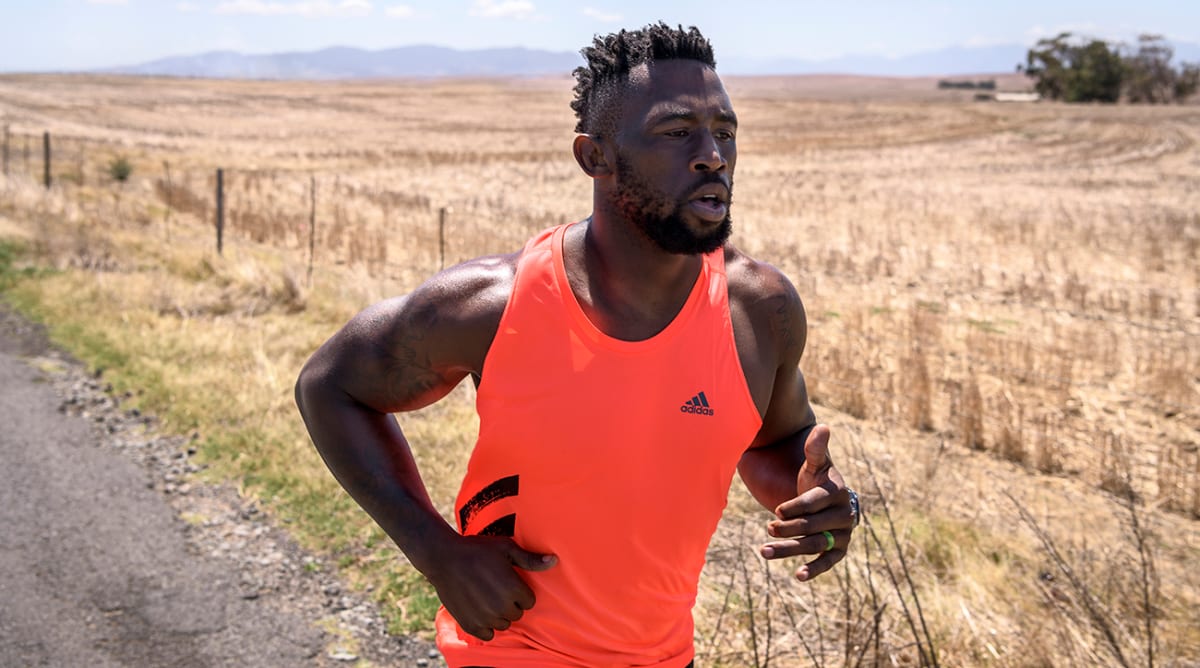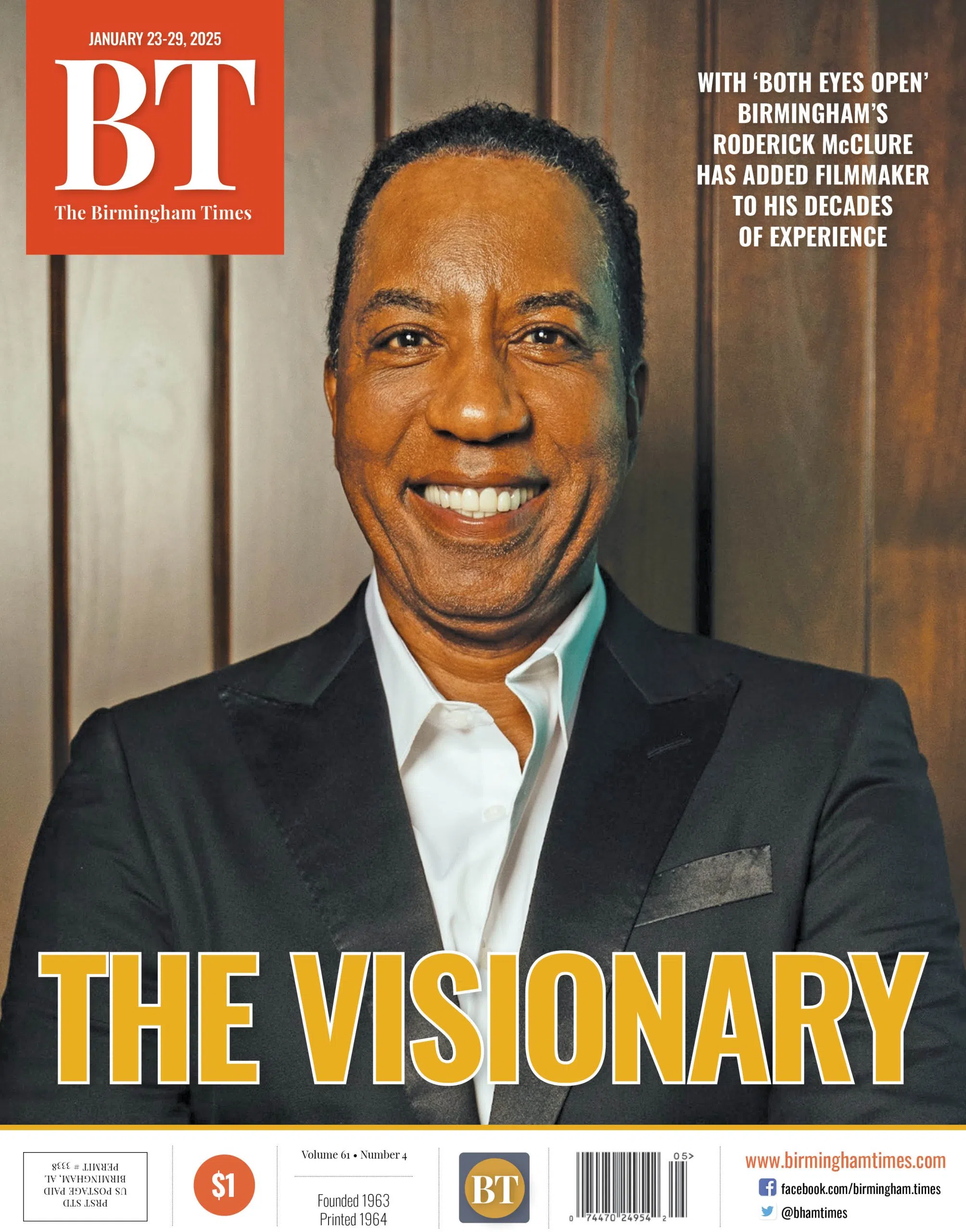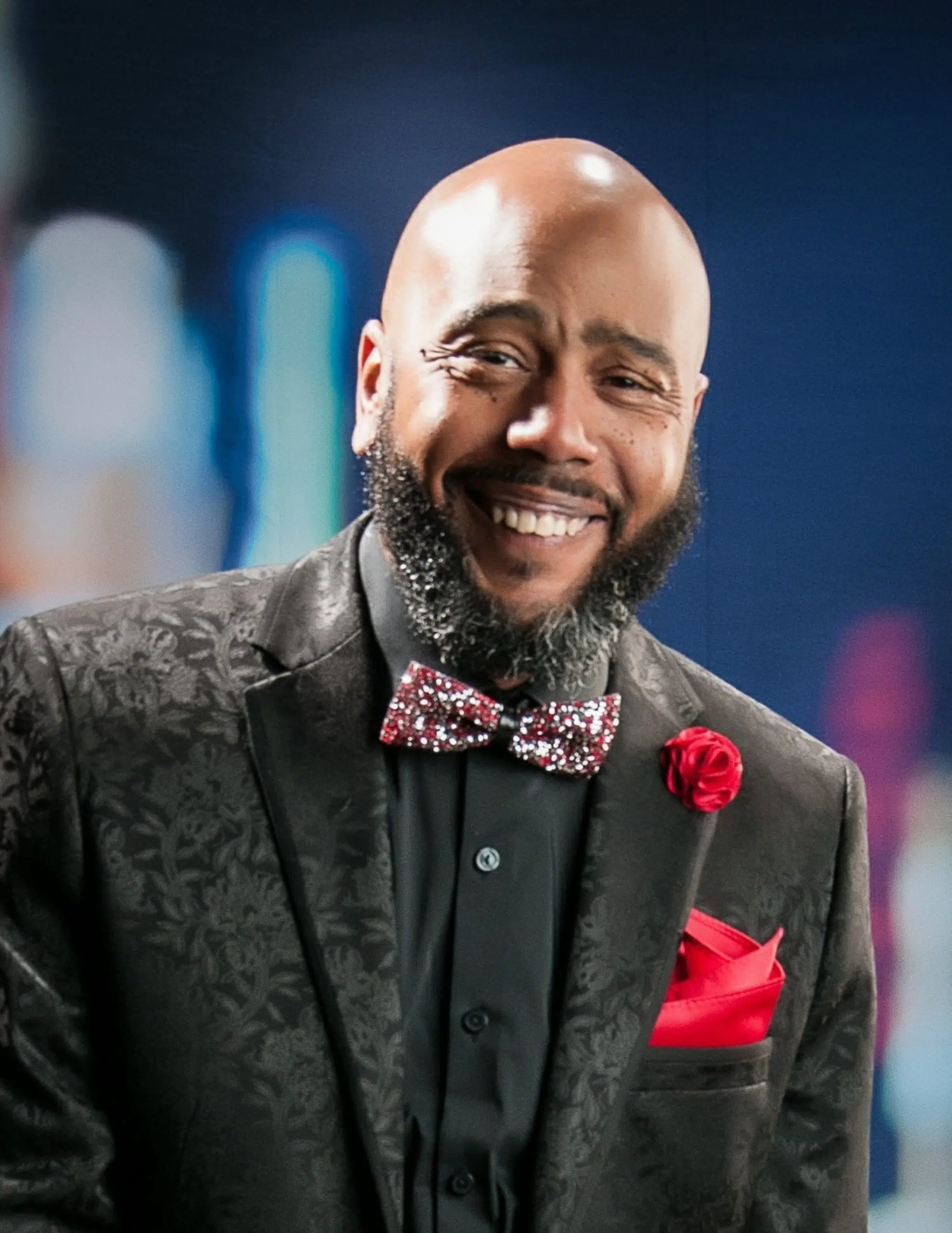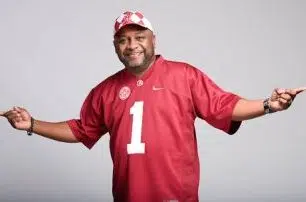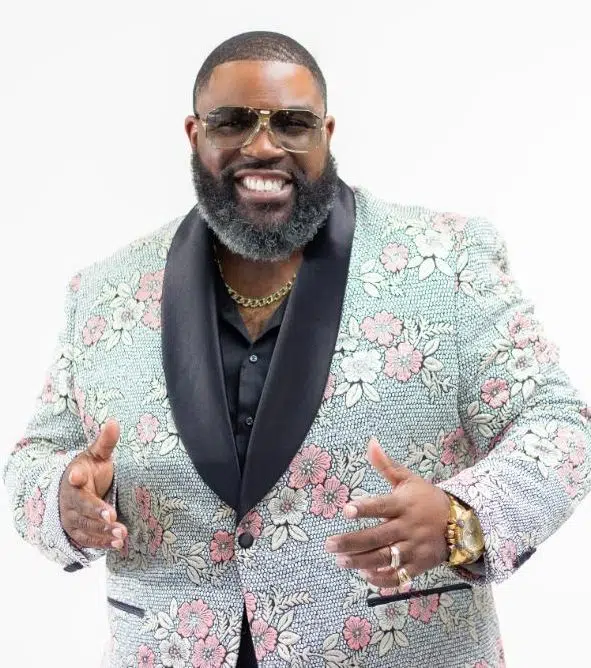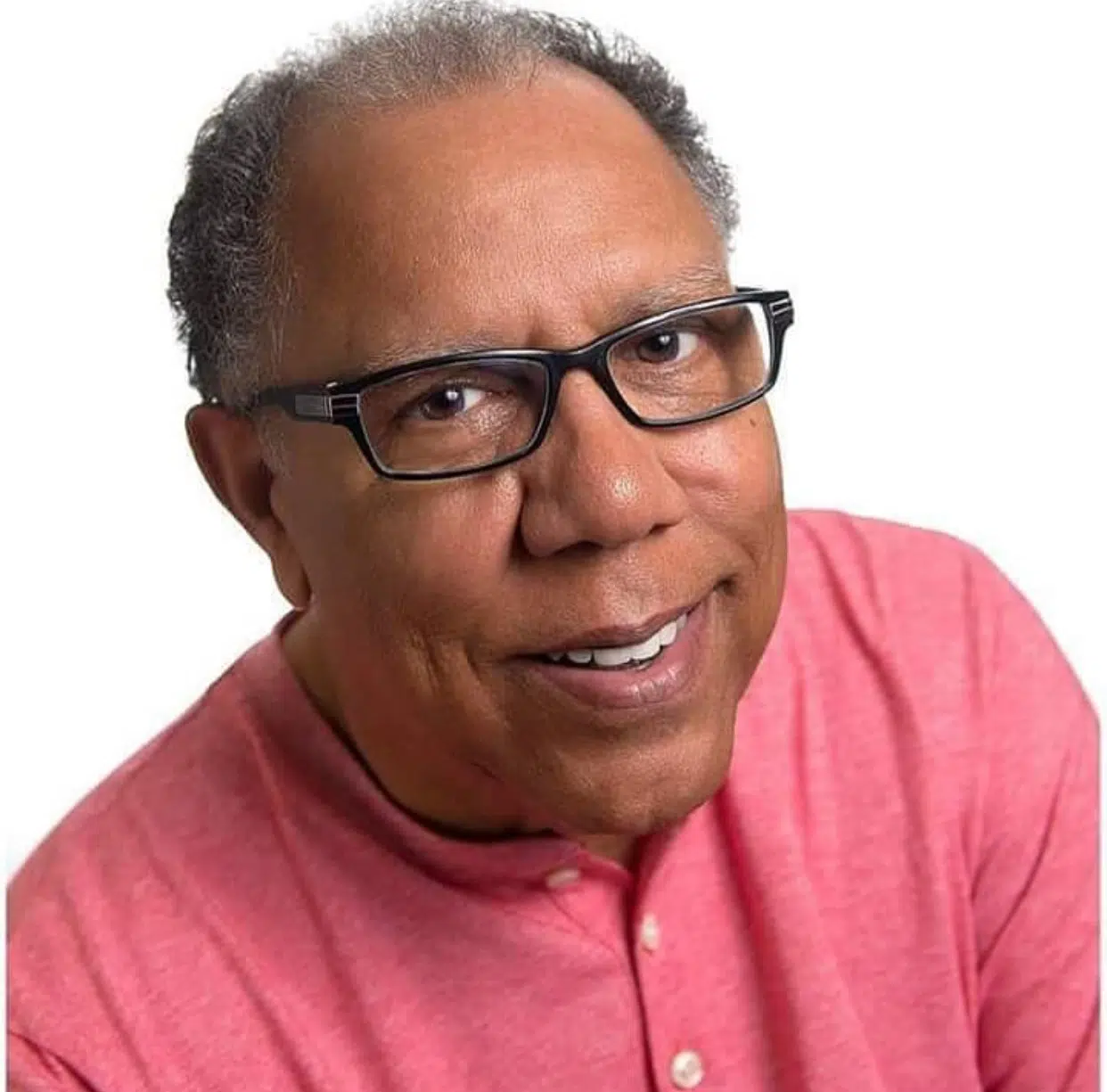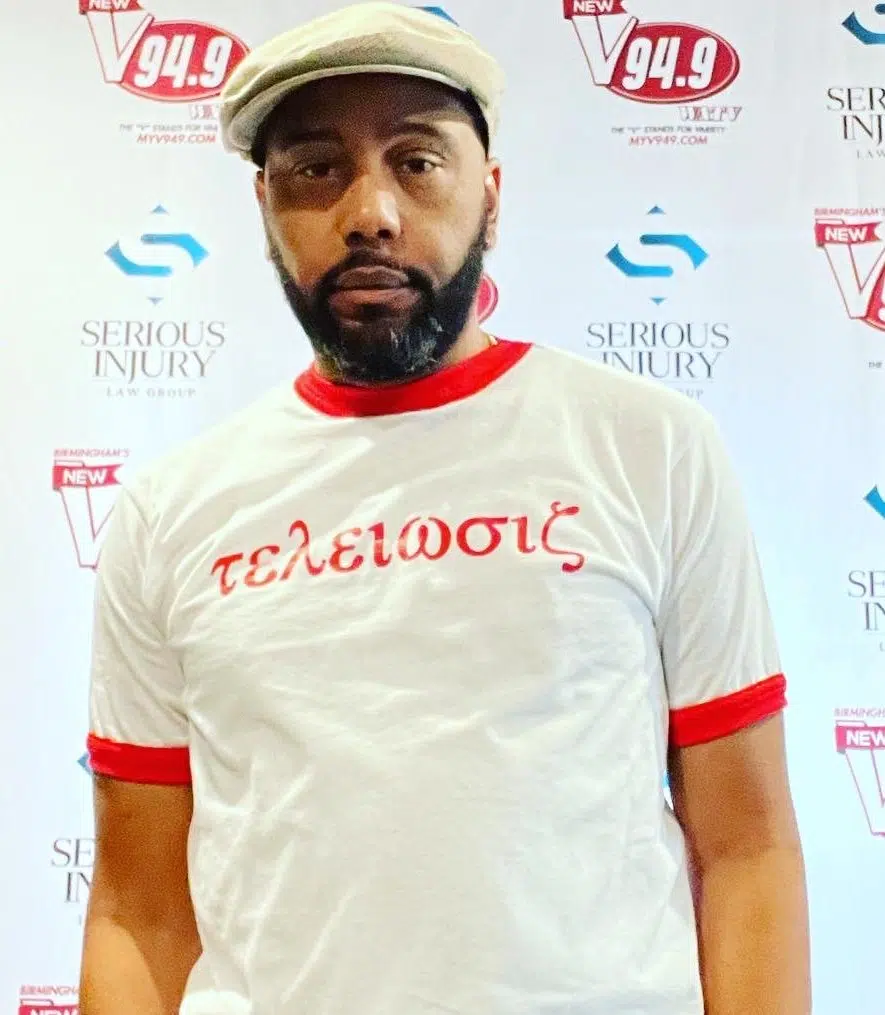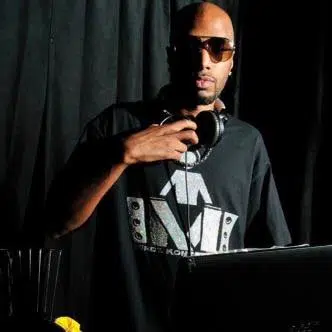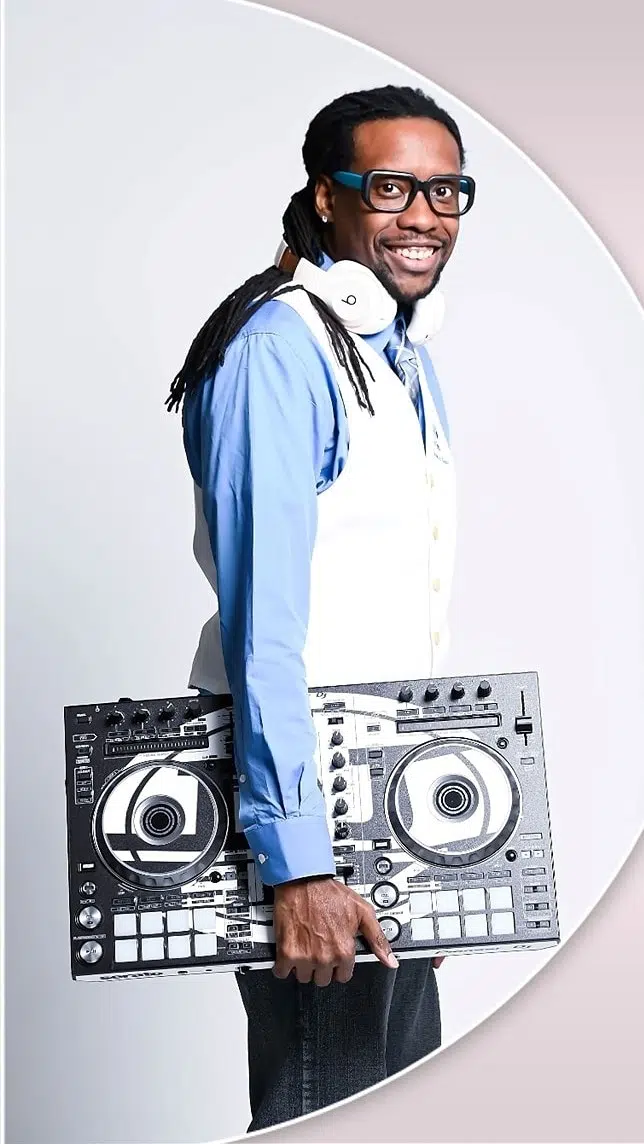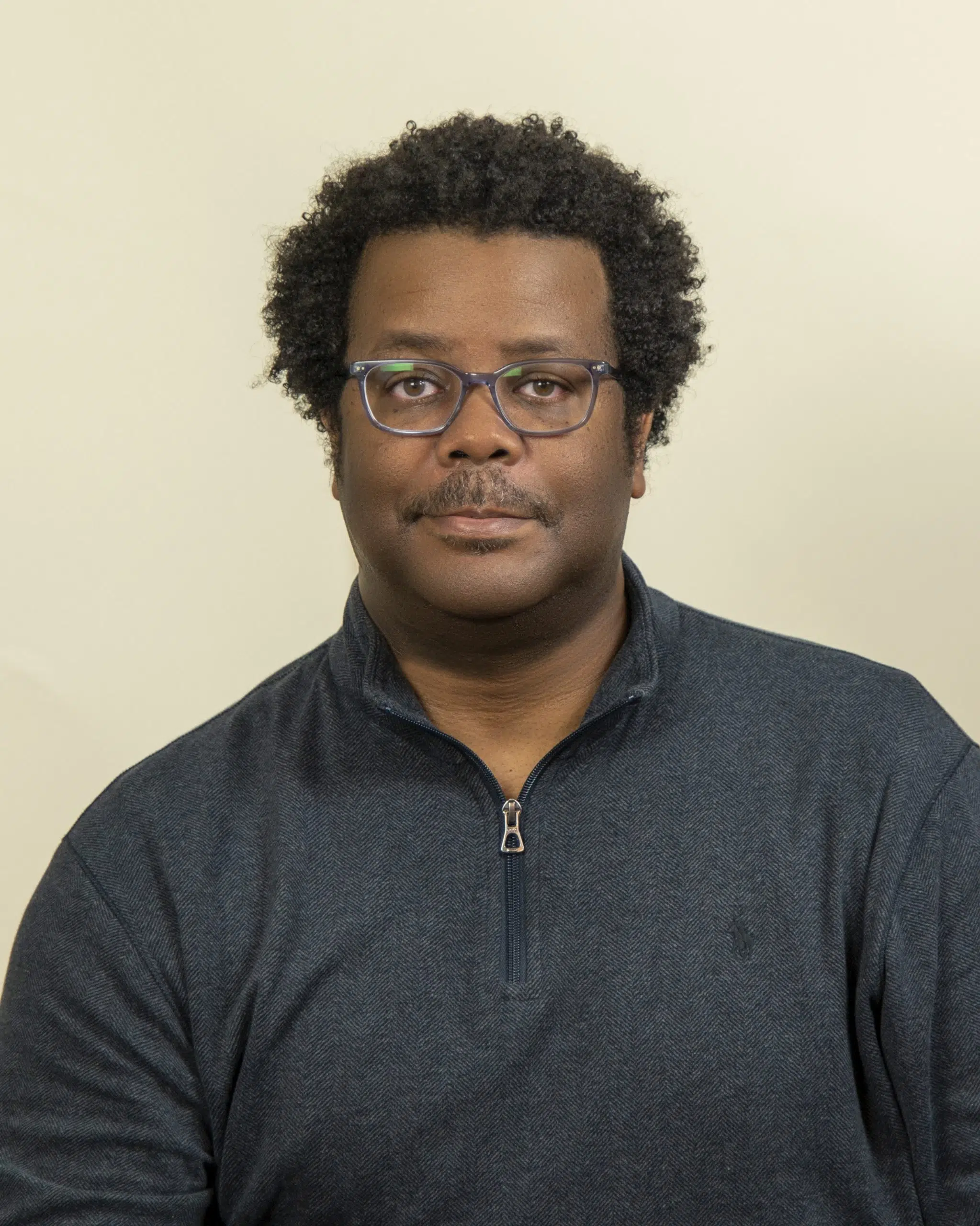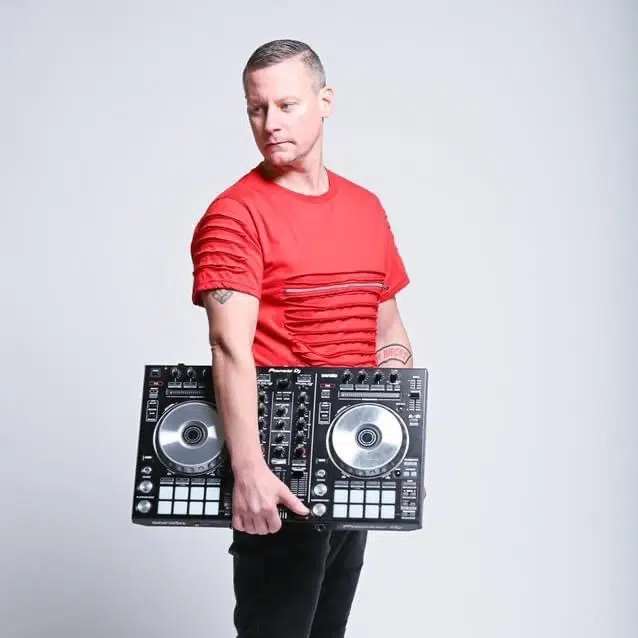Named as the first black captain in the 128-year history of the Springboks, Siya Kolisi is hopeful that rugby and the team’s World Cup win can spark change in South Africa. Kolisi’s motivation comes from his own remarkable journey.
In 1995, South Africa hosted the rugby World Cup, coinciding with the election of Nelson Mandela as the country’s first black president. Historically, the national rugby union team—the Springboks, named for a national antelope—traces the racial fissures in the country. Afrikaners (crassly: white South Africans) revered the team. Black South Africans loathed what they saw as a redoubt of privilege and oppression, evidenced by the fact that only one player on the team was non-white. This, in a country where the black population is more than 75 percent.
But, taking their cue from Mandela, the entire country rallied behind the national team, which—cue music—won that 1995 World Cup, buoyed by all that unified home support. This triumph, immediately, became a foundational moment in post-Apartheid South Africa. It spawned a book by the excellent journalist John Carlin, Playing the Enemy, which spawned the 2009 film Invictus. The film starred Matt Damon as the skeptical-turned-enlightened team captain Francois Pienaar; and, perhaps inevitably, Morgan Freeman as Mandela.
Now we are confronted with a rare case of real-life events beating Hollywood to a sequel. Last fall in Japan, the Springboks entered the 2019 World Cup, with South Africa in the throes of an identity crisis. Much has changed in South Africa since Mandela sat in the stands for the 1995 title. Apartheid and white subjugation are gone. Racial fault lines remain. The country is also beset by white flight, government corruption and spiking violent crime rate.
Yet for six weeks in Japan last fall, the entire country coalesced in support of the Springboks. This time, the team’s composition better reflected a changing country. Half of the team’s starters were black. And throughout the tournament, coach Rassie Erasmus leaned into the idea of diversity, imploring his team that it could win if it found strength in its makeup. They did and they did, crushing England in the final match 32-12.
The face of the team was unmistakably Siya Kolisi, the Springboks captain. Kolisi grew up in almost unimaginable poverty, born to a teenage mother in the township of Zwide. He often went to sleep hungry. His “bed” was a collection of cushion and pillows strewn on a dirt floor. Some years, he could not afford school dues. They ran roughly $5. When Kolisi was 15, his mother died, so he moved in with his grandparents.

It was around the same time, though, that a then-anonymous donor paid for Kolisi to attend the posh Grey High School in Port Elizabeth—a school the donor himself had once attended. There, Kolisi learned English and subjects that had not been taught at his old school. And, above all, he improved as a rugby player. By the time he graduated, he was one of South Africa’s great ascending talents.
In 2018, Kolisi was named as the first black captain in the 128-year history of the Springboks—and chose to wear the No. 6 jersey that, not coincidentally, Mandela had worn in the stands as he cheered on the Springboks in ’95. A thickly built flanker, Kolisi has a combination of speed, heft and durability that would serve him well in NFL. But he leavens his hard-charging play with a light leadership style. Like his coach, he comes hard with a message of unity. “I am always telling my [teammates] be proud of where you’re from and who you are; but don’t represent just one group,” he says. “Be bigger than that. We represent an entire country.”
And he is an embodiment. Recently, he formally adopted his two half siblings. He also married a white South African woman and is the father of two multi-racial children. And with the glow of the Springboks World Cup still undiminished, Kolisi might be the most popular man in South Africa these days.
He recently took a break from training for the Stormers—his Cape Town-based professional team—for a wide-ranging conversation with Sports Illustrated. Below are some outtakes, lightly edited for brevity and clarity.
Jon Wertheim: If Americans know of the Springboks, most probably know it as Matt Damon’s team in Invictus.
Siya Kolisi: I think you might be right.
JW: So describe the Springboks to an American audience.
SK: People see differently, but I can put it from my side, from what I’ve experienced. It’s all I have ever wanted to do. When I started to realize that I can make a living playing rugby, all I want to do is become a Springbok. I told myself when I was 16 years old, I will never forget the day. In most kinds of sport you know it is the ultimate thing you can achieve is playing for your national team. And you then get there and you realize that it is way more than just playing rugby. It carries so much heritage, for South Africa and beyond. It means so much to so many people. And you realize every time you play, you play.
JW: How?
SK: When we win, people go to work happy every Monday. People always tell us when something bad happens [in their life], they forget about it for the moments the Springboks play and can just be happy. It is a human system that give hope to people in South Africa. Most importantly we are there to let South Africa know that diversity could be our strongest asset.
JW: When you were named the Springboks first black captain, what did that mean to you at the time? And what does that mean to you now a few years later?
SK: To be honest I don’t like to think about it right in that kind of way. It is just an honor, such a huge achievement. Where I come from, kids probably never would have dreamt of something like this but now they know it is possible because it is happening right now. You know, I think the goal here is—it’s huge man, it’s huge. All around the world, not just in South Africa, in general. For young people to believe that all these things are possible.
JW: Do you remember 1995?
SK: I was too young, I was only four.
JW: What about the next World Cup after that?
SK: I was at the tavern, the place in the township where they sell alcohol. We didn’t have a television. So I watched in the pub.
JW: Now that you look back on it, how do you describe your childhood?
SK: I think financially we weren’t where we’d like to be. Going to bed without food in my stomach, that is one thing I feel like I don’t wish on anybody…hunger. There is nothing worse than listening to your stomach grumble in the middle of the night. I used to, sometimes, drink sugar water just so I could go to bed and sleep. Going to school without shoes on—we couldn’t afford that sometimes—it was embarrassing. But I loved going to school because I had a slice of bread to hold me through the day sometimes.
JW: What was your opportunity? Tell me about this big plot point in your life.
SK: So I was one of the boys who was given the opportunity [at Grey High School]. and from that day on my life changed completely. I lived only 20 minutes away from the school, but I was in the township [a world away]. I always thought I wanted to be maybe be a taxi driver. I got there and it was tough. I couldn’t speak a word of English. I had to learn from ABCD. It was quite embarrassing. I used to run away from the other boys at break time, because I couldn’t speak right to them. But as soon as I got there, I was looking at the facilities, the [teacher] involvement and I’m thinking: I can be a doctor. I can be whatever I want.
JW: And your donor, you didn’t know him at the time, but you recently met him.
SK: Yes, Vincent [Vincent Mai, a successful merchant banker who now lives in New York.] I always wanted to know who paid for me to go to school? And I got the name, so I just wrote him, sent a picture of my whole family and thanked him behind it and wrote the message, and you know we were talking and he started getting emotional and he started crying. I then I met him [in December in New York] and it was one of the greatest moments of my life. We basically have the same goals and dreams for South Africa.

JW: You survived New York.
SK: It was the best thing ever. I will come back as soon as I can.
JW: Had you ever been here before?
SK: No! First time ever in America. I was taken by storm, I loved it. Times Square, Madison Square Garden, I went to a Nets game. And ice hockey! The ice hockey was the best thing I have ever seen.
JW: Didn’t see that coming—
SK: Amazing. I could not get like sit still in my seat. I kept on jumping up and down. And I probably think it is one of the exciting sports events I have ever seen by far. I had no idea they went that fast.
JW: Like rugby on ice.
SK: Like rugby times 100. I’ve been trying to learn more and just watched a documentary on the Detroit Red Wings.
JW: I saw your tweet from the Nets game, when you said we will continue to push forward and give South Africa a voice globally. What did you mean by that?
SK: I am really proud of my country. That is why I haven’t left to play in another country. And we have a lot of challenges the main news that comes out of South Africa is always the negative. I have seen that my story is one of many stories; so I just want to empower South Africa, and let people know there’s great things happening in our country. And we have so much potential as a country. And you know we have a lot of role models from South Africa: Trevor Noah, for us to come and win the World Cup. Other countries who have more infrastructure, and more financial wind than us. But we fight through the tough time in South Africa—we are going through a lot of violence. We need to do everything we can through sport to unite the people, strengthen people and give people hope.
JW: How has your life changed since World Cup?
SK: Wherever I go, it is like people are seeing me for the first time in that way. And I think my mentality has also changed. The older I am getting, the more I am starting to understand that we can be more than sportsmen. I can impact my country and I can impact people in a positive way, to do something for the community or the less fortunate in South Africa, people from my background.
So, every time I step on the field, I put on the jersey, I think of all the people that have been through what I have been through, who are still going through what I have been through. I want them to know that it is possible, that opportunity is all you need and that is all that I got.
JW: What does it look like, the South Africa you want to see?
SK: Everybody is treated equally. Equally in the sense that people get to understand you and get to know you as a person. They don’t look at you and judge you by your skin color. Everybody should be allowed to love anybody else. And the main thing: we all get equal opportunities. That the kids live in the township or in the hood have the same opportunity as the kids in the suburbs. That is my dream for South Africa.


